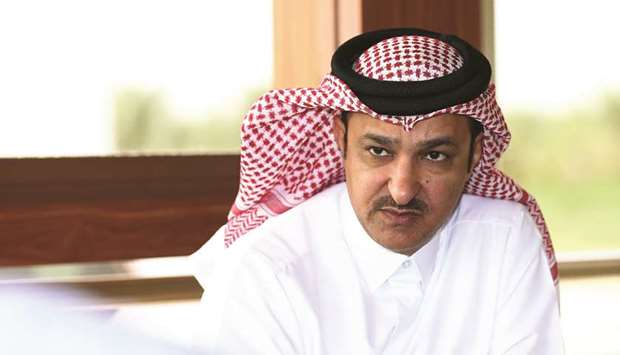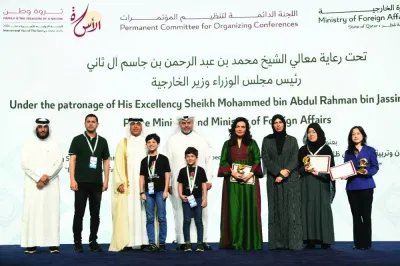Surrounded by what was once arid Qatari desert, Nezar al-Atawneh picked up a giant spaghetti pumpkin and brandished it trying to guess its weight. “This one must be at least eight kilos,” or nine pounds, he exclaimed proudly.
Atawneh, operations manager at the Qatarat Agricultural Development Company (Qadco), played the guessing game in the middle of a field full of mature squash ready to be harvested in Al-Daayen, 40 kilometres north of Doha.
Since June 2017, Qatar has prioritised local food production in response to an economic embargo imposed by its neighbours.
Saudi Arabia, the United Arab Emirates, Bahrain and Egypt have cut direct flights, sea links and cross-border trade with Qatar over alleged support for terrorism and Iran, which Qatar categorically denies.
“Since the blockade, the work has been 24 hours — day in, day out. We reclaimed vast tracts of land, we increased production,” said Qadco general manager Thawad Mohamed al-Kuwari. Production at Qadco, has tripled since the beginning of the crisis.
From a daily base of seven to nine tonnes of vegetables, al-Kuwari said “we now reach 25-30 tonnes” during the winter months — the high season — despite Qatar’s challenging climate.
“Qatar has very harsh conditions, high temperature, high humidity. To overcome these challenges is not easy, so you must have special techniques and special agricultural practices,” explained Atawneh as he walked between rows of ripe tomato plants.
Creating a plot of arable land takes about a year of preparation. First the rock layer must be broken, the sand has to be dug into, and then clay collected before being mixed with organic residue to make soil fertile enough to grow crops.
Before a single seed could be sown, kilometres of black piping had to be installed for irrigation.
“Water is a big issue and it has high salinity” and requires treatment, said Atawneh, an engineer.
When not inspecting crops on the 650-hectare (1,600-acre) project, Atawneh experiments with new seeds, growing techniques and water-saving measures.
He also prides himself on cultivating “clean vegetables” using as few chemical agents as possible — making them “semi-organic”, he said as he picked a cucumber in an air-conditioned greenhouse. Qadco has invested QR20mn ($5.5mn) to expand operations in support of the country’s self-sufficiency drive. The company hopes to expand its number of greenhouses and arable fields by roughly 50% by the beginning of 2020.
Almost a quarter of vegetables sold on the domestic market are now locally produced, according to the agriculture ministry, compared to just 12% in 2016.
Qatar hopes to be 70% self-sufficient by 2023 and the government has set up a food security department to meet that goal. Progress has been striking and the country has built dairy and poultry industries from scratch, going from importing 98% of its needs to looking at entering the export market.
Qadco has looked into exporting fruit and vegetables to potential clients in Ukraine and Russia but, for now, officials will not allow it. Ministers are prioritising the needs of local consumers and the push for self-sufficiency.
“The blockade helped us so much,” said al-Kuwari. “It helped our country and our leaders to focus on their own people and see what they can do.”

Thawad Mohamed al-Kuwari, general manager of Qatarat Agricultural Development Company (Qadco) speaks at Al Wabra Farm in the municipality of Al Shahania.


